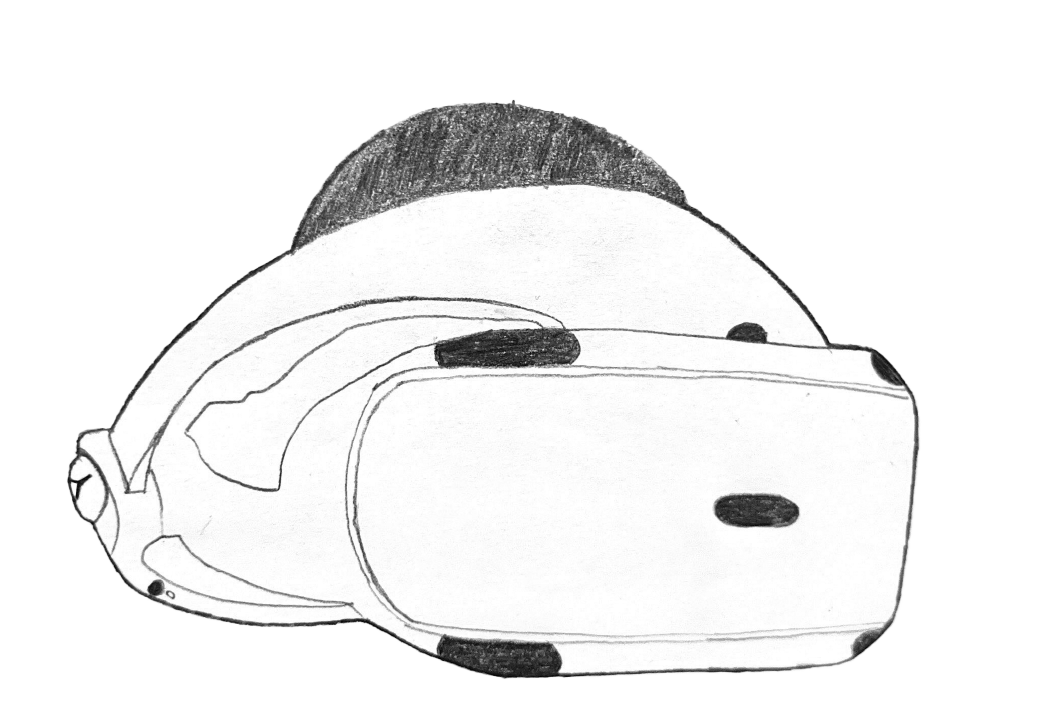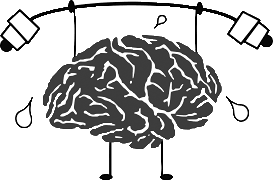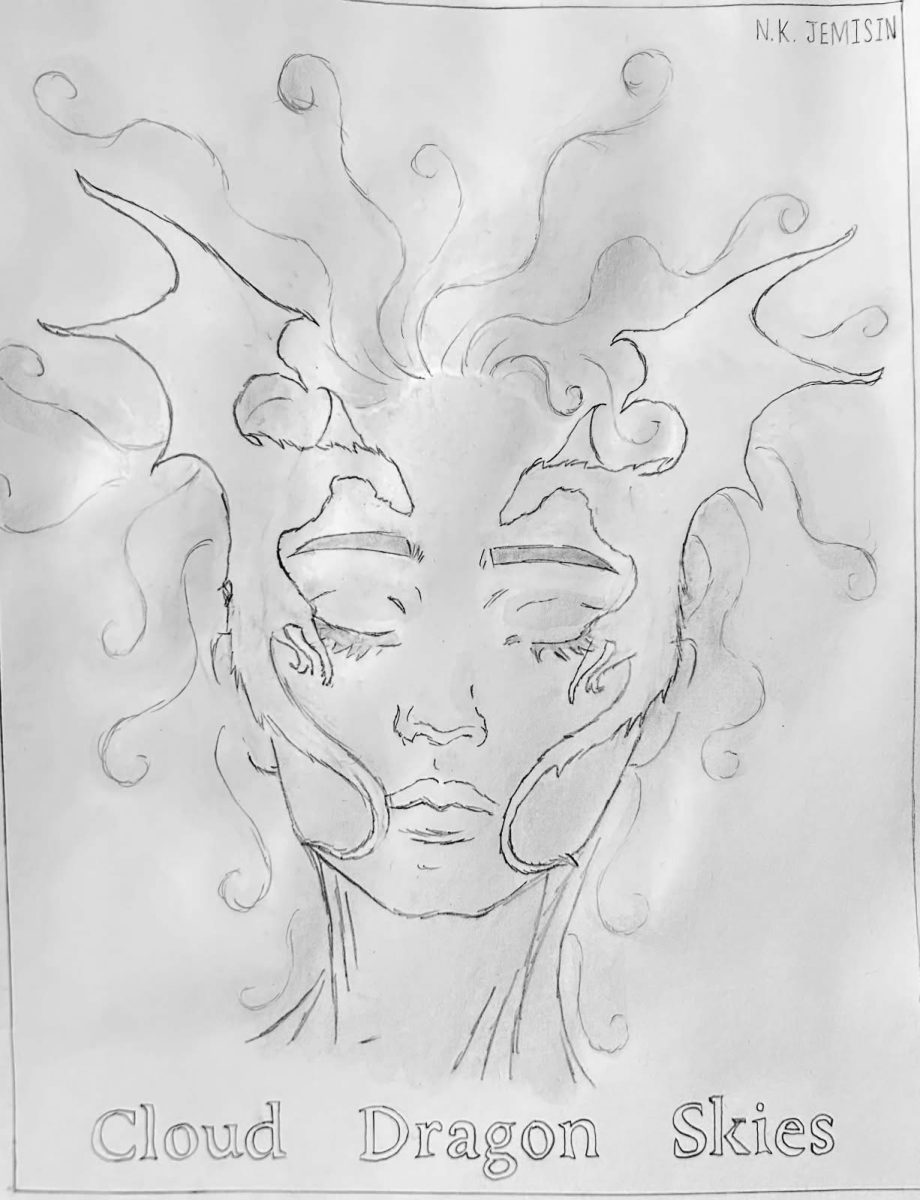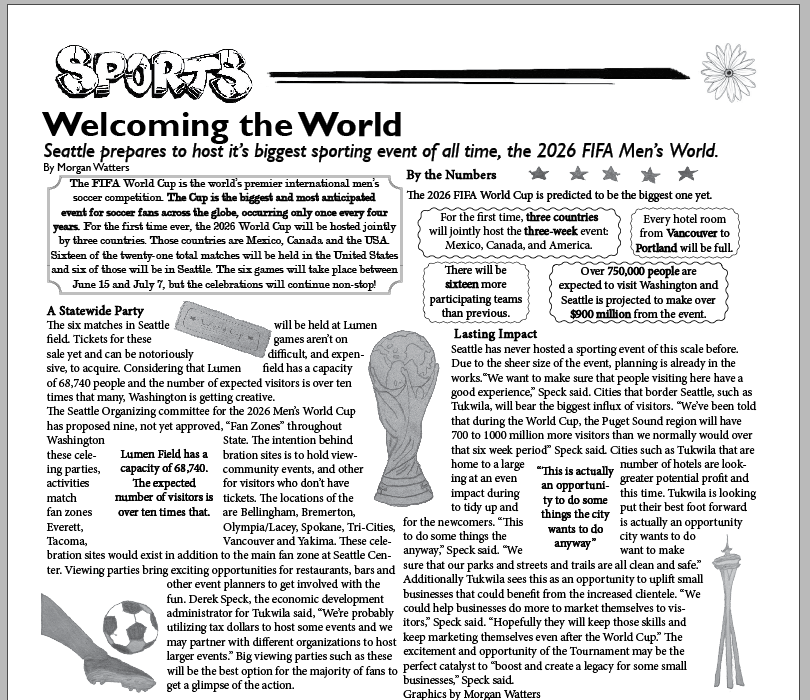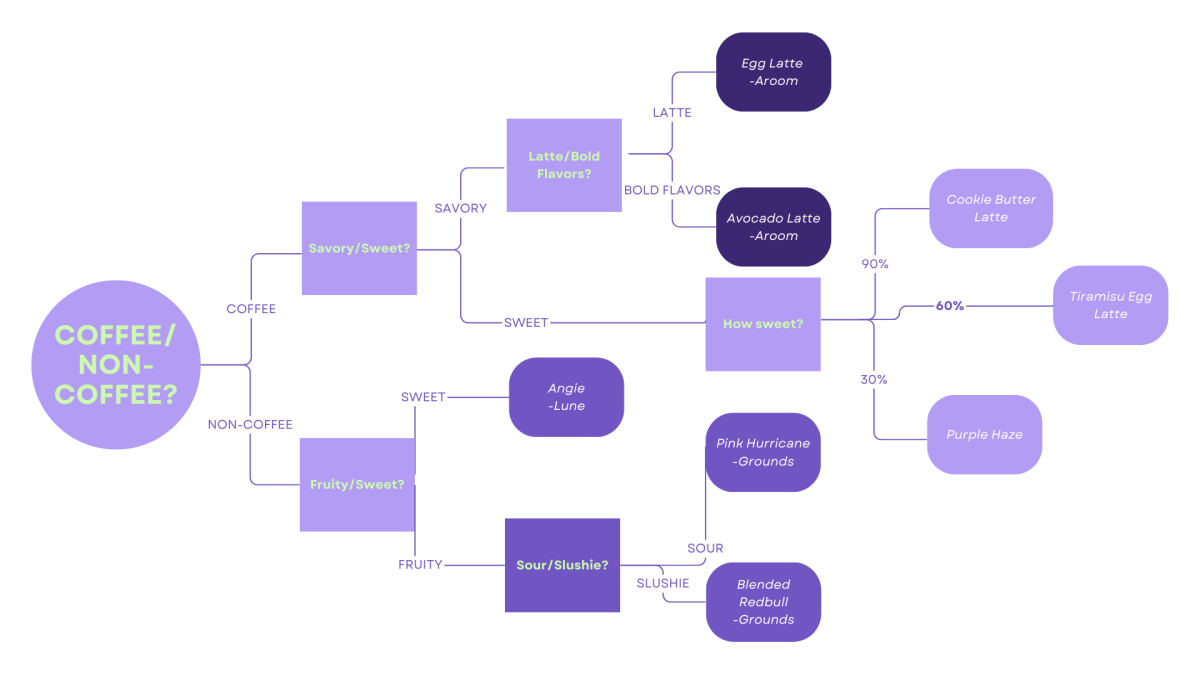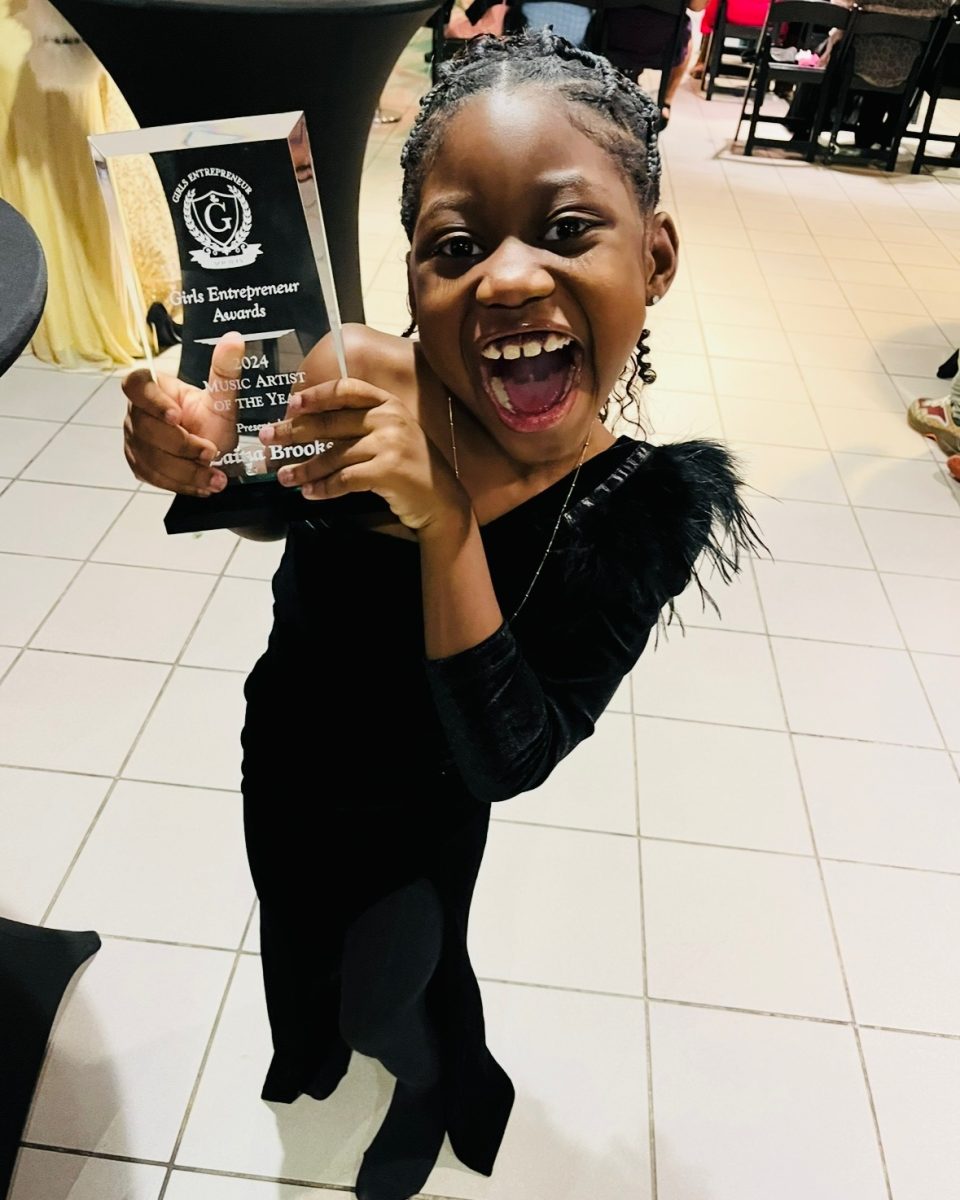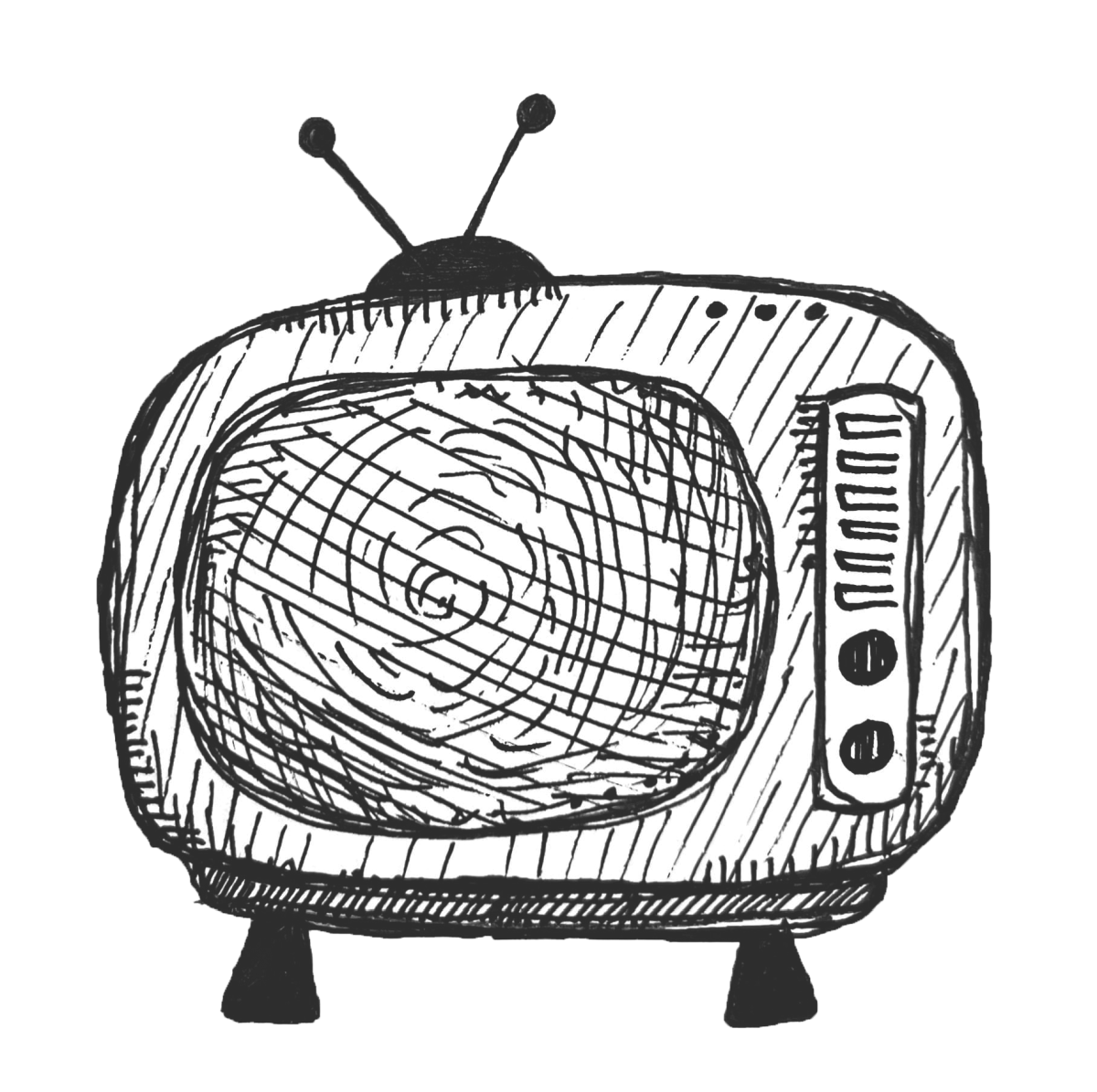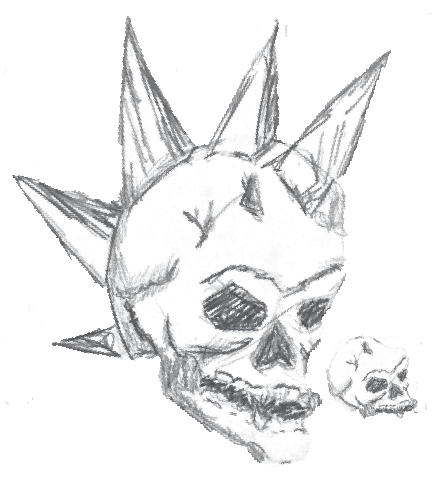
Cemented as a cornerstone of alternative sound and culture, without the legacy of grunge and alternative music Seattle unleashed onto the national and global stage, it would be no exaggeration to say that Seattle wouldn’t be the city it is today. Aforementioned and most notable of the city’s musical breakthroughs is grunge. The electronic distortions and distilled apathy of grunge broke into the cultural psyche and dominated the airwaves. While grunge established a legacy for itself, much of the culture is owed to its predecessor and stylistic origin: punk. From the do-it-yourself ethic, distorted guitar riffs, and many lyrical concerns, grunge has been deeply influenced and inspired by punk.
Even though punk has had an indelible effect on Seattle, from the local zine culture to fashion to social activism, the exact concept isn’t easy to pin down.
Punk is not solely a music style. It’s an entire culture of its own encompassing fashion, literature, visual art, and an array of political ideologies. At its heart, it’s a culture of critique and lambasting of social hierarchy and popular culture. While punk may not be the most commercially appealing, most punks would consider these principles of greater importance. Despite its extensive history in the city, the culture has been continuously eclipsed in popularity by its clones and contemporaries thanks to its rejection of mainstream culture and ethos of not selling out.
But the scene is more alive now than ever before.
Most punk acts in the city are independently run. While the biggest artists and venues may have posters littered around town, most bands advertise using social media and word-of-mouth. Accounts like @seattleareapunkshowsss on Instagram, list shows and bookings, while venues like Lucky Liquor consistently post showings. Through their accounts , there are notable similarities. The first is that admission prices are nearly all under $18 and typically land at $15. While some can step up to $40, prices are consistently lower than mainstream venues. In addition, many venues are either free or practice “NOTAFLOF” which” stands for “No One Turned Away for Lack of Funds” –if you don’t have enough money for admission, you won’t be rejected. Many venues are also undisclosed and showings are only released by direct message on social media or asking around.
Though most artists and venues host all ages shows, larger establishments like Substation are exclusively 21+. While it’s mostly a legacy of the city’s Teen Dance Ordinance which effectively banned concerts and clubs from hosting underage patrons, a part of this restriction is alcohol use. While alcohol use is a characteristic across multiple scenes and subcultures, unmoderated use isn’t tolerated. Although the culture has bad actors, it is largely populated by a welcoming crowd who don’t care how you dress or act as long as you don’t incite hate. Most punks are always willing to introduce new people to the ideas that rest at the core of the culture…or just rock out and mosh. As junior Esther McKenna put it: “Seattle carries the punk legacy as well as the home of grunge should: proudly, defiantly, and above all else, LOUDLY.”
Graphic by Hannah Muse



